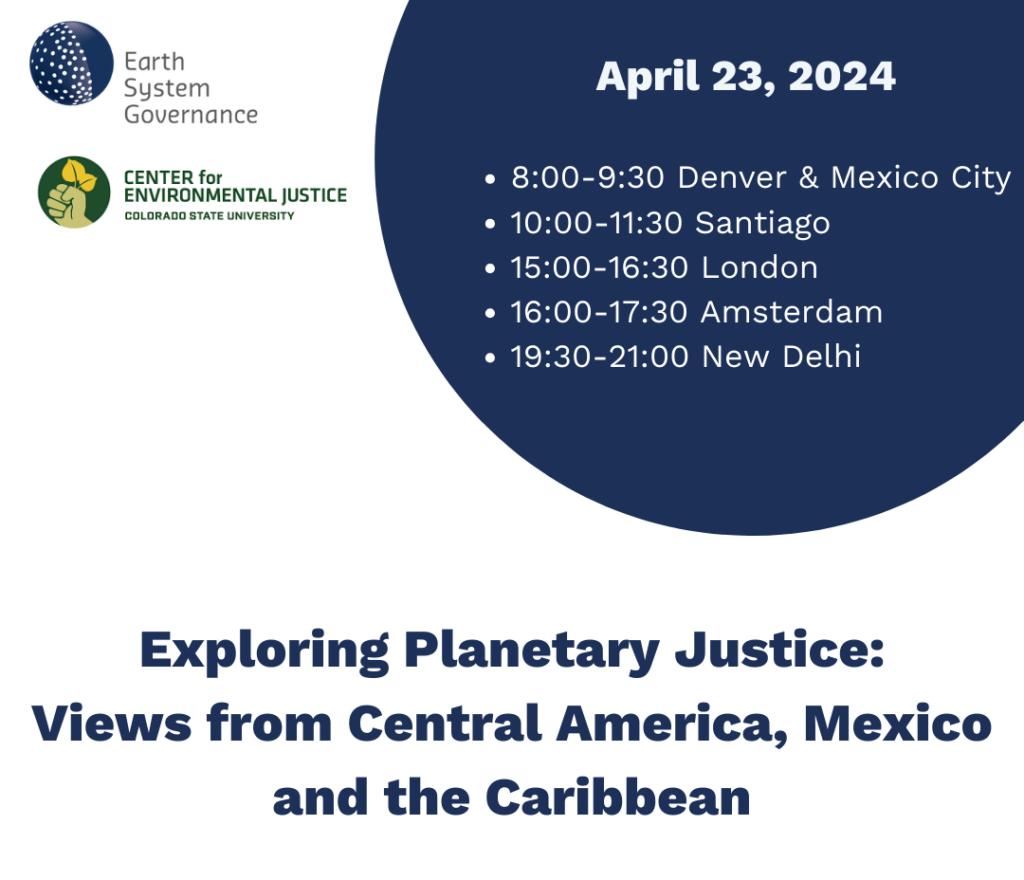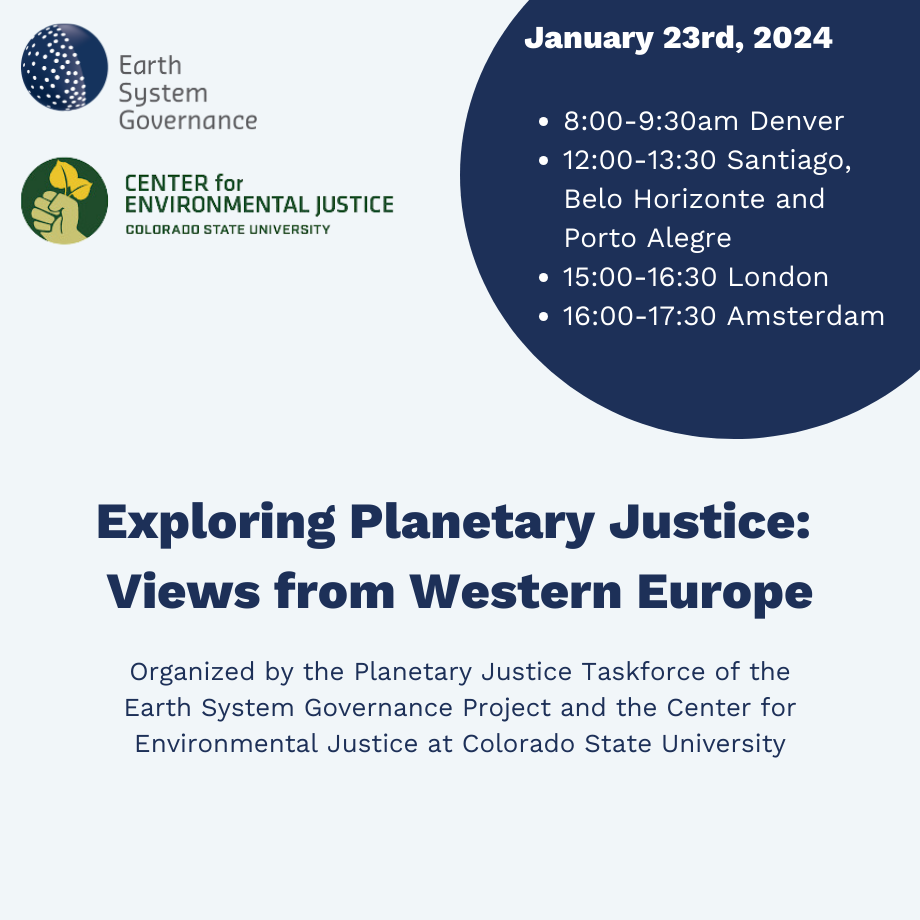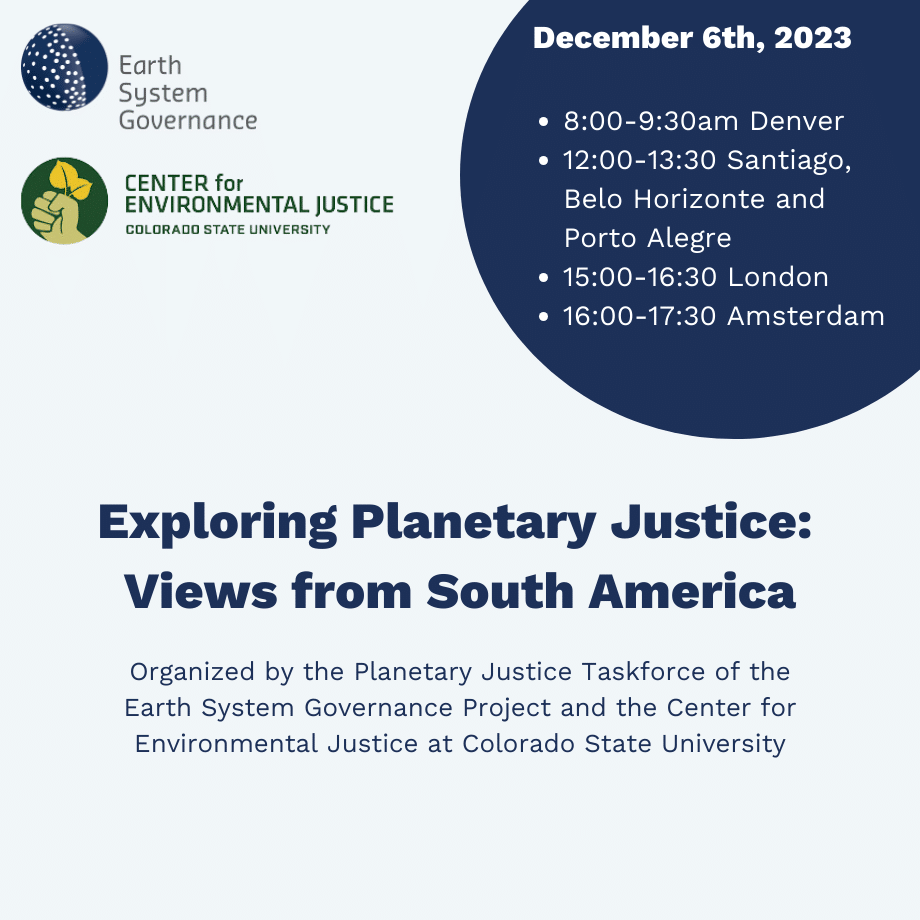Co-organised with VU University Amsterdam, Alpen-Adria-Universität Klagenfurt and co-operating with EC Tempus project “EnGo – Environmental Governance for Environmental Curricula” and the International Institute for Sustainable Development. This summer school is endorsed by the Earth System Governance Project in cooperation with the Global Land Project.
At a time of well-documented, unavoidable and continuing global change adaptation has become a key concept in environmental and related social sciences, and also in policy processes on a variety of scales. Many sectors, such as forestry, biodiversity conservation, water management, agriculture, infrastructure development need information about the current state and future direction of ecosystem conditions, potential ecosystem-based adaptations, and relevant policies and governance mechanisms enabling such adaptations. This is a field of research and practice on the boundary of natural, social and policy sciences where ecosystem complexity meets the complexity of social systems. The challenge of such collaborations and policy development require not only navigating through complex issues with high levels of uncertainty in physical and ecological processes, but also accounting for the diversity of potential human choices and decisions of multiple stakeholders. Spatial, temporal and cultural issues are, arguably, the most difficult to account for and to manage, and they only add to the overall complexity.
The summer school will combine a blend of theoretical and practical sessions focused on spatial, cultural and temporal aspects of adaptation and adaptive governance. Both natural and social science streams will be explored, with emphasis on multi- and trans-disciplinary perspectives and the demonstration of policy and management implications. To achieve this, we invited several leading scientists in the field from Europe but also beyond, renowned for their cross-disciplinary research. We will complement this with a selection of participants from different backgrounds and disciplines who have ongoing work in the field of on adaptation to global change. The program will provide rich opportunities to connect with adaptation initiatives, with a particular focus being placed on Central and Eastern Europe.
The course participants shall meet the following criteria:
– hold a positions at a university, research centre, consultancy, a research-oriented NGO or an international organisation;
– have an MSc / MA or PhD degree or equivalent and in the case of an MSc / MA also at least two years of research or/and teaching at the graduate level or be enrolled in PhD studies;
– have demonstrable achievements in research and / or curriculum development;
– demonstrate good communication skills in English.
Find all course details and information on the application procedure at summer.ceu.hu/adaptation-2013
The venue for most sessions will be the main campus of the Central European University (CEU) in the heart of Budapest. The University occupies a block of modern and historical buildings in downtown Pest, a two-minute walk from St. Stephen Cathedral and the Eastern bank of the Danube right across from Castle Hill which has UNESCO’s World Heritage Site designation. Hungary’s Parliament, National Museum, and a countless number of other attractions and restaurants are within minutes of walking distance.
CEU’s main building has been recently renovated and has high quality facilities and technology. During the school the participants will have access to CEU’s library, printing/photocopying facilities, e-resources and campus-wide wireless network. Accommodating can be provided at the CEU Residence and Conference Centre about half an hour travel from the campus at special summer university rates.
Course Directors:



